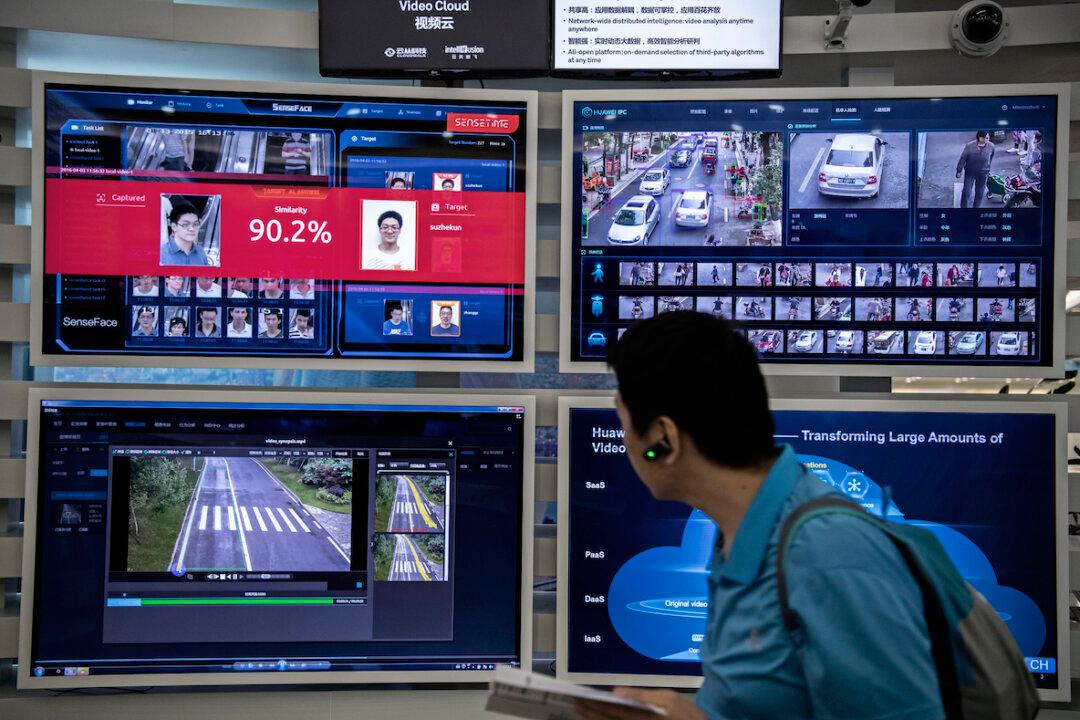Facial recognition software, powered by artificial intelligence and used by retailers to combat shoplifters, has incorrectly identified a New Zealand woman as a previously trespassed shoplifter, raising questions over the technology’s accuracy.
Rotorua woman Te Ani Soloman said she is now “paranoid about being labelled as a thief” after being stopped while shopping at a Foodstuffs-owned New World supermarket in the city on her birthday on April 2.





